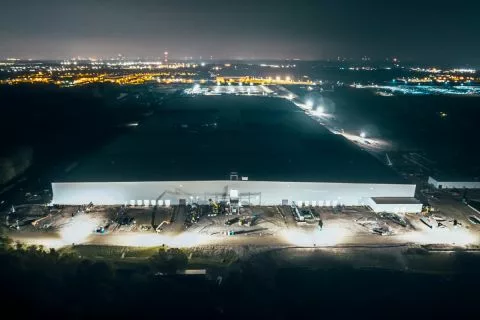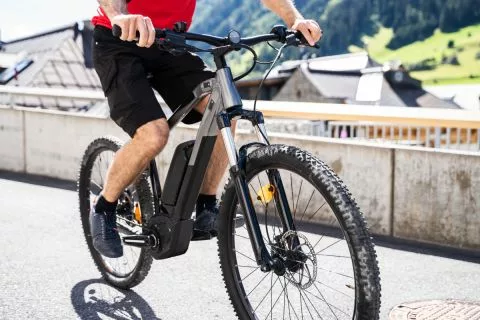Bridge’s investigation reflects those dynamics, Stevens said.
The spending on massive EV projects was initiated by the incentives approved by bipartisan legislators, Stevens said, at a time when concerns about EVs focused on price, range anxiety and infrastructure.
Today, that’s snowballed to include global competition — including tariffs on Chinese goods set by the U.S. and European Union — along with shifting consumer preferences, energy costs, energy availability and political platforms for and against the vehicles.
With sales not meeting forecasts, Michigan’s competitor states have had massive factories put on hold this year. That includes Georgia, a rival for electrification deals, which recently saw Rivian pause its $5 billion truck plant there.
Michigan has spent $1 billion across six different initiatives from five companies, but the state is “fortunate that we didn’t get too far out there … with monumental projects that are on hold now,” Stevens said.
“We’d be really questioning ourselves if we were dealing with that right now,” Stevens said. “I think we made smart decisions with companies that are growing (the state’s) battery supply chain.”
This week, GM announced that it expected to make up to 250,000 EVs this year, down from a top estimate of 300,000. The company previously estimated it would make 400,000.
“EVs are still happening… just at a very different pace than people thought not that long ago,” Stevens said.
However, without what Stevens called the “EV gold rush” of the last few years, Michigan’s economic development incentives still were insufficient for the state to gain significant automotive jobs, he said.
SOAR, Stevens said, altered that. And the conversations about what’s next for incentives raise the possibility to retain business attraction awards, along with community-driven investment and funding more innovation.
“That gives us a fighting chance for true growth,” Stevens said.
Hoeksta said he does not support a continuation of incentives without changes to accountability and transparency, along with more legislative control over the largest awards. Today, a legislative committee approves funding allocations, but SOAR awards do not face a full vote of the Legislature.
“The biggest thing that Michigan can do is we can just make ourselves, structurally, a great place to do business,” Hoekstra said, “and not spend so much on incentives.”





